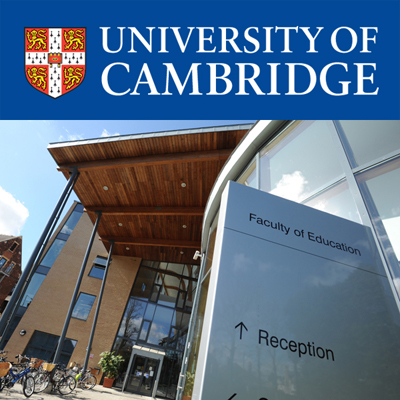1) Globalizing Minds: Rhetoric and Realities in International Schools. 2) New Educational Governance in Post-Socialist Education Space: Examining the (Side)Effects of International Comparisons, Benchmarking, and Best Practices.
Duration: 1 hour 15 mins
Share this media item:
Embed this media item:
Embed this media item:
About this item

| Description: |
1) Abstract: Globalization has a profound effect on the mission and goals of education worldwide. One of its most visible manifestations is the worldwide endorsement of the idea of “education for global citizenship,” which has been enthusiastically supported by national governments, politicians, and policy-makers across different nations. What is the role of international schools in implementing the idea of “education for global citizenship”? How do these schools attempt to create a culturally unbiased global curriculum when the adopted models have been
developed by Western societies and at the very least are replete with (Western) cultural values, traditions, and biases? 2) The International comparisons and benchmarking have become a major influence on education policy- making in Central Asia and other post-Soviet states. Joining the international student achievement studies such as PISA, TIMSS, and TALIS have brought significant benefits to participating countries, while also enabling the new political technologies of governing the post-Soviet education space by numbers. International benchmarking, and the “best practices” that come along with it, have contributed to the production of educational knowledge that not only attempts to explain education phenomena but also constructs “norms” embedded in education policies and practices. |
|---|
| Created: | 2015-01-30 10:00 | ||
|---|---|---|---|
| Collection: |
Kazakhstan programme open seminar series
Random media from the Faculty of Education |
||
| Publisher: | University of Cambridge | ||
| Copyright: | Iveta Silova | ||
| Language: | eng (English) | ||
| Distribution: |
World
|
||
| Keywords: | Iveta Silova; Globalization; International Schools; Global Citizenship; Globalizing Minds; Educational Governance; Post-Soviet; PISA; TIMSS; TALIS; Post-Socialist; | ||
| Credits: |
|
||
| Explicit content: | No | ||
| Aspect Ratio: | 4:3 | ||
| Screencast: | Yes | ||
| Bumper: | UCS Default | ||
| Trailer: | UCS Default | ||
| Abstract: | 1) Drawing on findings from a recently published book, Globalizing Minds (2014), this presentation will attempt to answer some of these questions, revealing how culture and politics intertwine with schooling and curriculum as parents, administrators, teachers, and students of different backgrounds and interests negotiate definitions of self and each other in constructing knowledge in particular contexts. The goal is to examine the complexity of factors that drive the worldwide demand for “education for global citizenship” and de-construct the contested nature of “global citizenship” by examining how the phenomenon is understood, interpreted, and modified in different cultural settings.
2) This presentation will analyze how the national educational policy arenas in Eastern/Central Europe and Central Asia have been shaped by the external monitoring of transnational actors and what effects the technologies of cross-border comparison have had on national educational systems. Drawing on post-colonial critique, this presentation will also examine the newly emerging system of knowledge production in the post-socialist region, where Western experts increasingly assume the position of framing the contemporary “problems” of education and identifying a set of generic “solutions” or “best practices.” Pointing to the unequal power dynamics, this presentation will discuss implications of this new educational governance for education reform trajectories. |
|---|---|

